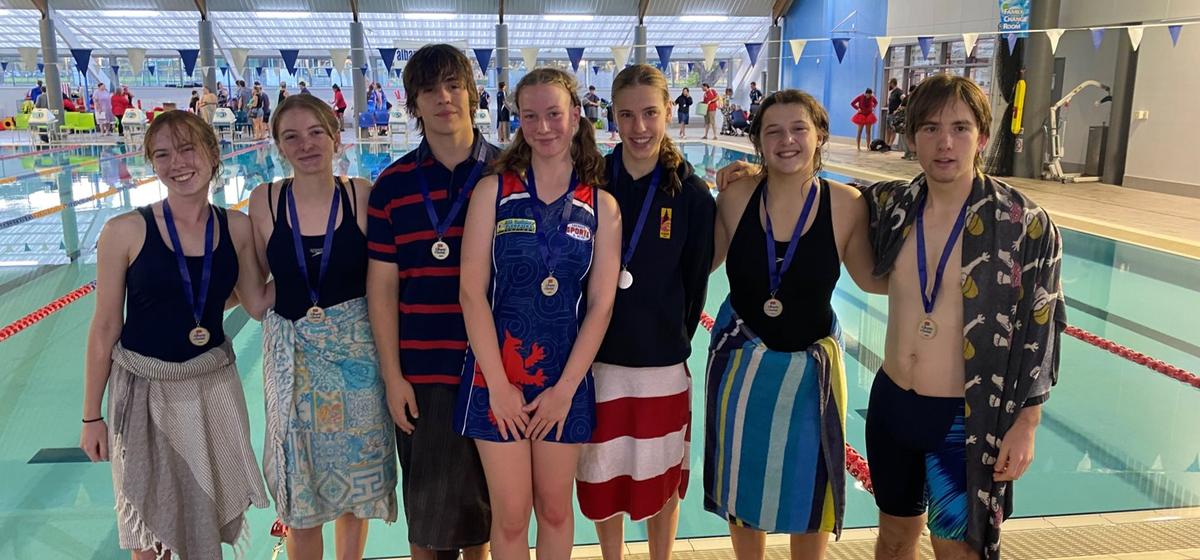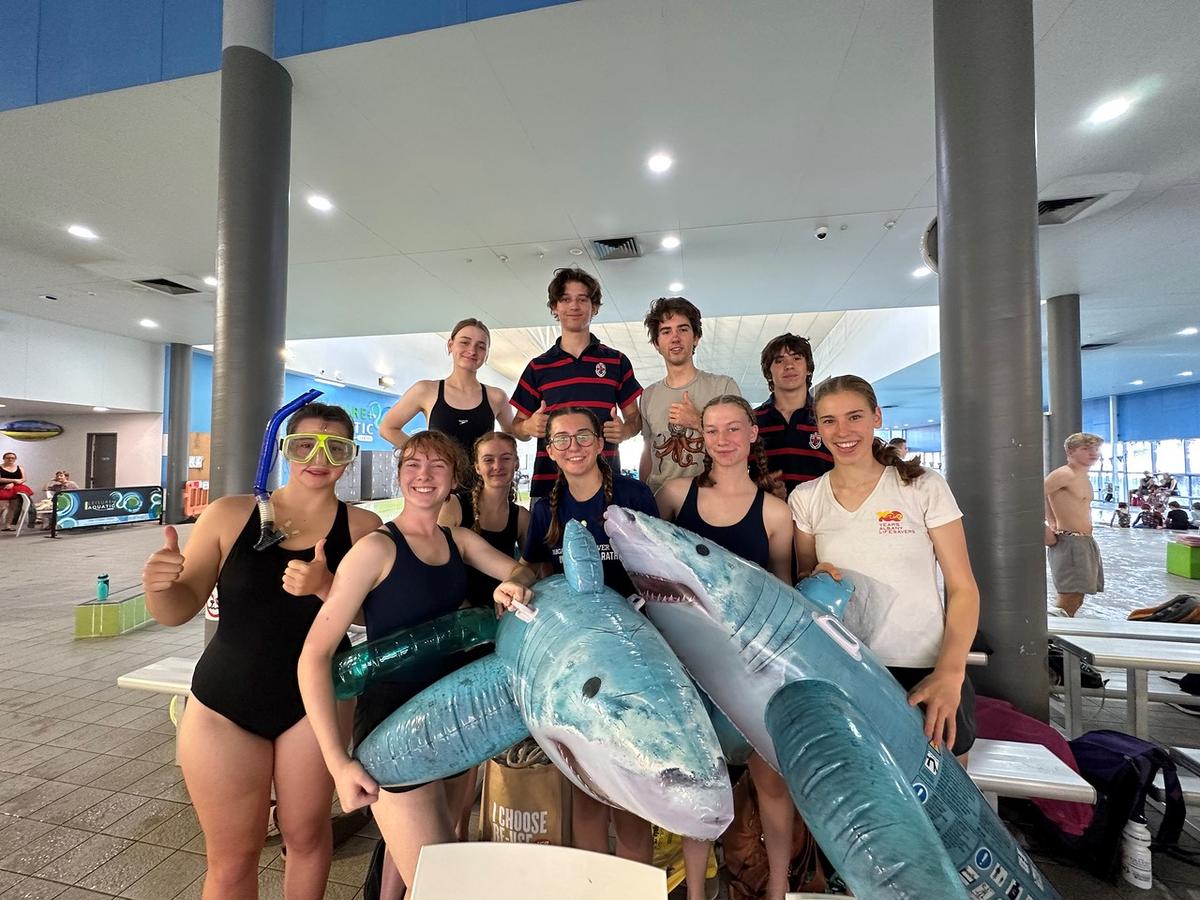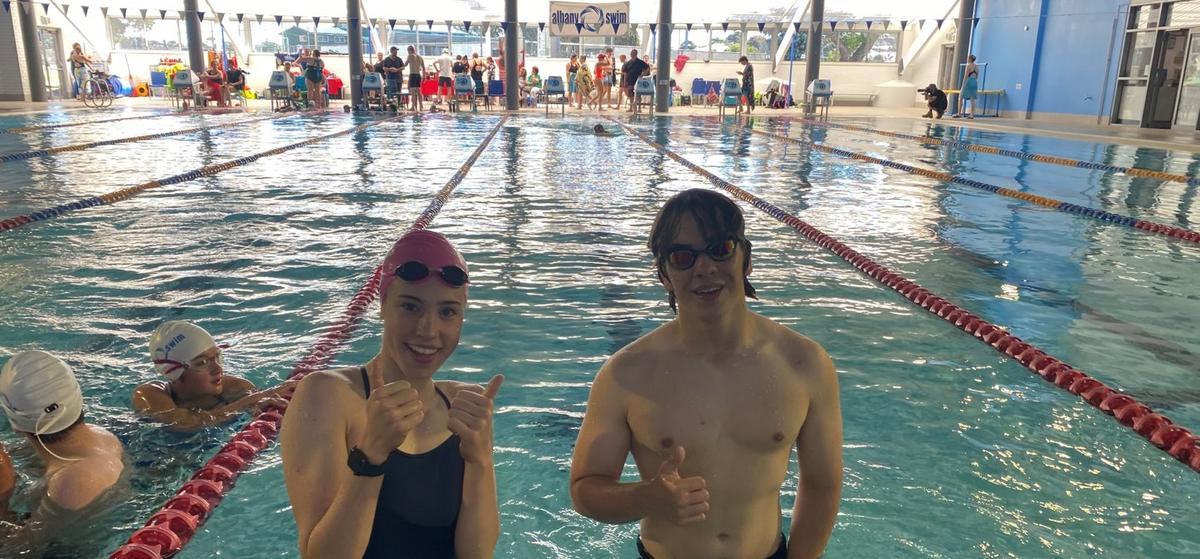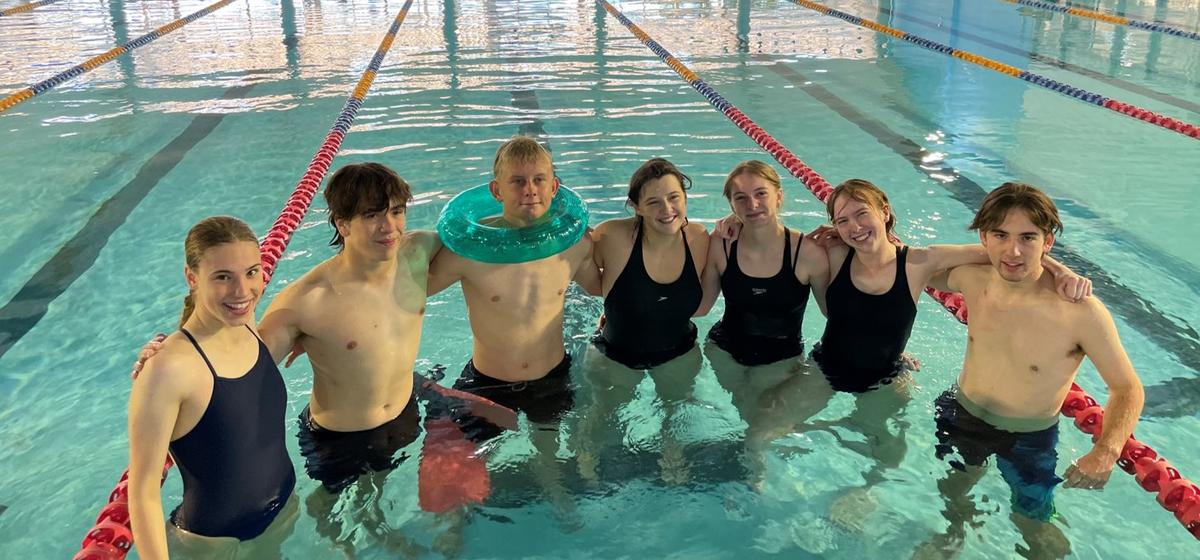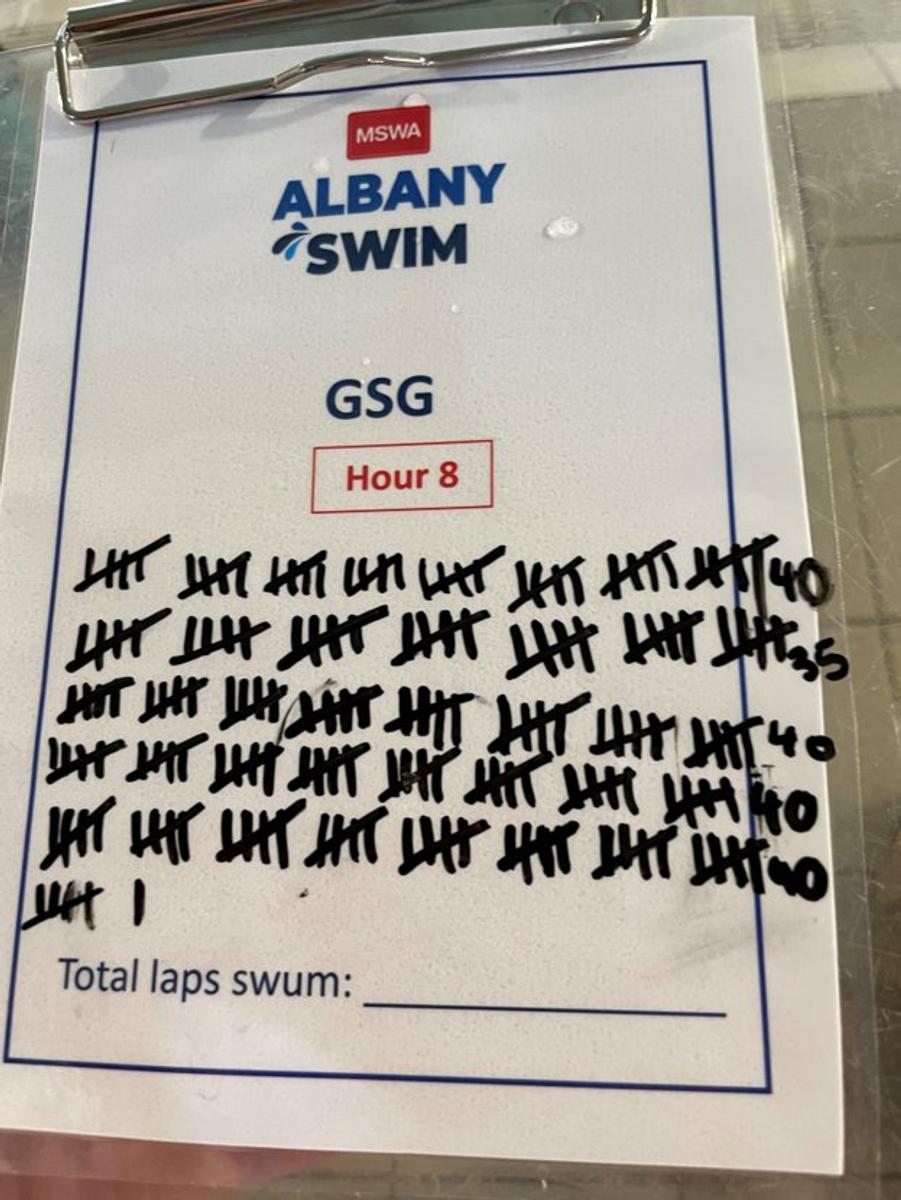Secondary School
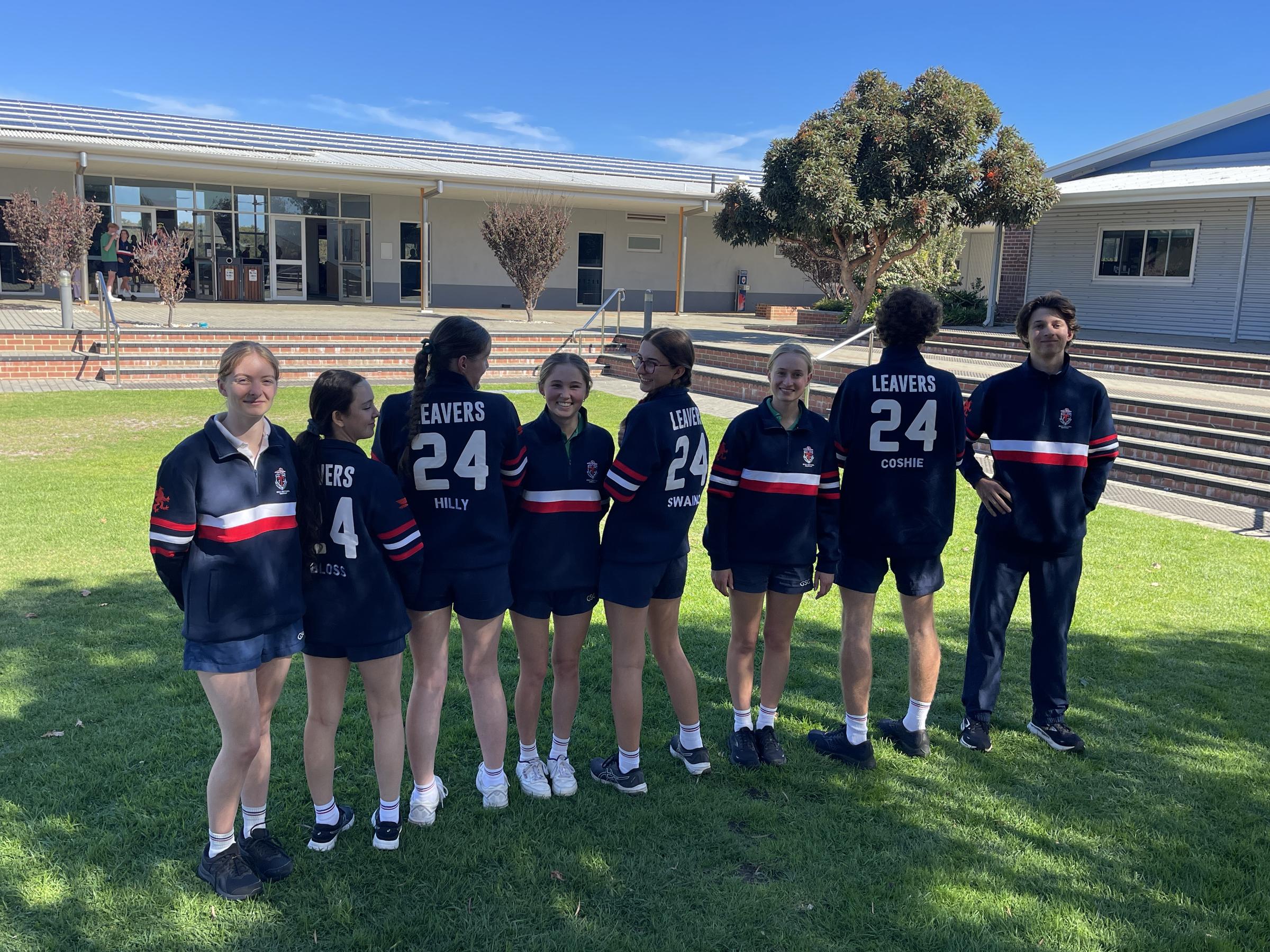
What a week of variety in the Secondary School! From the excitement of Cross Country to the sombre reflection surrounding ANZAC Day we have been challenged to think about our micro-changes by Mr Irving and how each one of us can make a change. I have enjoyed hearing pockets of students discussing their changes and the different ways they have interpreted this challenge. I wonder what your child’s micro-change will be?
At Assembly this week, our School Captains talked about our theme of Culture.
Please enjoy their words below:
Louis Cosh:
Culture is an idea which is difficult to explain as it holds many meanings for each of us, yet simply it involves the beliefs, customs and ideas that shape the identity of a particular group. From our own school’s culture to the community’s. We all contribute to the values by which we live our lives and that also define us.
For me culture is more than just a set of ideas, it’s a way we can understand and appreciate how others live their lives. Whether it’s from hearing stories or visiting a new place this is what I find most fascinating.
So, when in Term Four of Year Nine I found out there was a new student coming to school named Marcus Pigram, I did not think much of it. But the following year when we were both put in the same English class, I got to know him much better. Marcus was previously at school in Geelong Grammar all the way in Melbourne Victoria, however his real home was up in Broome WA. This blew me away how a kid the same age as me was from Broome and had gone to school on the other side of the country. And was now in the same class as me. Marcus is a Bardi kid who came from the One Arm Point, which is just above Broome. I was so interested in his culture; I loved hearing about his family the stories of his days hunting and fishing, the wet seasons, and his life in the Kimberley.
During Marcus’s time in Albany, he also showed interest on how I lived on a sheep farm and what it was like growing up here. Marcus is now back in Broome doing an apprenticeship; however, we are still good friends, and I am planning next year to go visit Marcus in his home.
Although Marcus and I have grown up in different places with different cultures, it’s the respect and empathy and being able to see the similarities and differences which can create the strongest friendships. This connection is what we should be aiming to achieve in our school. It’s up to all of you to take the first step. You never know what starting a conversation in an English class can lead to.
Maddie Warren:
As Louis mentioned, the theme of today’s assembly is culture, and I wanted to share a story from my life which I think is relevant to it. When I was in Year Four, my family moved to England for a while. We lived in a town called Cambridge, famous for its university. We moved into a graduate college called Clare Hall, which gave visiting families accommodation while they lived and worked in Cambridge. Our house was a small, brownstone building, facing a grassy courtyard, and surrounded by identical houses.
Within a few weeks of living there, we had gotten to know all the other families around us. There was a family from Norway living next to us, and on the other side was a string-theory physicist from Germany. We had monthly potlucks in the courtyard, and there were always new people to talk to who had recently arrived. My sister and I became firm friends with other kids there and spent afternoons once we finished school learning German phrases and American slang.
I think culture directly relates to the community you build. The people living at Clare Hall with us were from all across the world, and some didn’t even speak the same language as each other. Despite this, we all shared stories and experiences, and supported each other as we settled into a new life by the courtyard. Everyone brought a bit own their own culture to Cambridge, whether it was their values, traditions, or language, but we also created a new culture by helping and listening to each other.
A school culture is created by the same ideas as this. Since coming to Grammar, I’ve seen how everyone helps each other up, shares their stories, and gives a smile to the people around them. Everyone’s individuality and differing values is what we can pool together to create a culture which we all want to be a part of.
Where students are struggling in our classrooms
Last week I shared the themes that arose from the query about where students are struggling in each classroom.
This week I explore the quality of students’ writing, how we are tackling this at GSG, and how you may be able to support us at home.
Writing
Improving students’ writing may feel like an outdated skill but there are many useful applications of being able to write well. We all need to be able to organise and communicate our thoughts in a cohesive manner in a variety of contexts and learning to write can be a very helpful method of achieving this. Creating a sound argument or explanation is a skill that we all need and in our upper school courses these still need to be done in a written form.
At GSG we are working on a whole school literacy program in 2024 which will support literacy across all ages and learning areas. Our Learning Enrichment team work tirelessly to support students who struggle with literacy and are proactive in seeking special consideration for all formal assessments both in school and for external testing which includes NAPLAN, OLNA and Year Twelve examinations.
In the Secondary School we are developing a writing structure which we will share with curriculum leaders next week. They will share this with their teams and we will consolidate this structure with the wider staff at our next meeting. Tailoring the structure to each learning area’s requirements will be a key part of our strategy and we hope that students’ writing will improve as they have the structure reinforced in each of their courses. We will also be working on spelling and grammar in each of our classes.
To support our school focus on writing, we encourage you to look for opportunities to have your children write at home. Perhaps they could write the shopping list as you call out items needed, or write a postcard to grandparents after a day out. Encourage your child to keep a journal or diary; if they are not keen perhaps the journal could have a focus on training they complete each week, their mood each day, or one thing they are grateful for each week.
There are many games and puzzles that support vocabulary and spelling. Perhaps you could do a crossword or word sleuth with your child. A game of scrabble or boggle might suit your family.
We are excited to see an improvement in students’ written explanations in Science, introductions in Mathematics Investigations, analysis of paintings in Visual Art etc.
Mrs Victoria Turnor | Head of Secondary
Year Twelve Student Leader Community Projects Update
MSWA Swim
Over the weekend, GSG had a team participating in the MSWA Swim. The event is an eight-hour swim relay at ALAC where one person must be swimming at all times. It is an annual event, and there were seven other teams, all with ten people. Altogether, the GSG team raised over $2,000 for various neurological conditions, including multiple sclerosis and acquired brain injury.
On the day, we were all swimming from 9.00am until 5.00pm, with a big thanks to Grace and Archie for jumping in and swimming at the last minute. We swam the second to most laps of all the teams across the day, faced with tough competition by Albany Swim Club. In total, we completed 1,560 laps of the pool, which came to 39kms.
Thank you again to the team, Liesel, Ella, Scarlett, Brianna, Angus, Joe, Max, Mischa, Grace, and Archie for all the effort you put into fundraising and swimming, and to everyone who came down to support us on Saturday.
World’s Greatest Shave
Another event coming up this term is the World’s Greatest Shave. This has been happening at Grammar for quite a few years now, and we have another massive group participating this year.
There are 11 Year Twelve students who will be shaving or cutting their hair and have already raised over $3,700 as a team for blood cancer research.
The event is on Friday 10 May, and Crazy Hair Day is planned for the same day. More information will be coming out soon, in the meantime you can donate to our team through this link.
Maddie Warren | School Captain
Push-up Challenge
You may have by now heard a little bit about the push-up challenge, whether you’ve participated before or have just heard me talking about it before, it’s definitely something you should think about getting involved in. The challenge is to do 3,249 push-ups in a month, this number indicates the number of Australian victims of suicide in 2022. This is now Australia’s largest mental health and fitness event.
By taking part you’d be helping our school as a community to raise money that’ll support mental health organisations, as well as spread awareness and knowledge about mental illness.
We’ll begin on 5 June, so you have plenty of time to prep and get signed up. All you’ve got to do is keep an eye out in Daily Notices for the submission of interest link, and then download the push up challenge app to get started.
You can make more of a difference than you think, and if the number is too daunting, you can set a goal to do half, as well as opt in sit ups, squats or star jumps if your arms fall off, so there is no excuse not to get into it.
To bring a social side to it, there will be a few push-ups sessions in the quad, spontaneous Homerooms and for a brain break if your teacher permits you. You will not be in it alone, each milestone you complete will be celebrated as we’ll all be working toward a collaborative goal.
Thank you and please come to myself or Tiff if there is anything more you’d like to know.
Mary Witham | Student Leader

